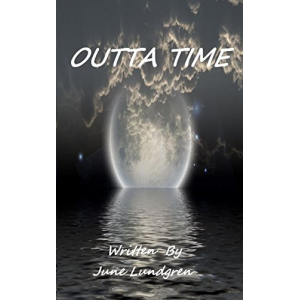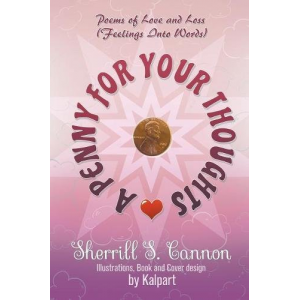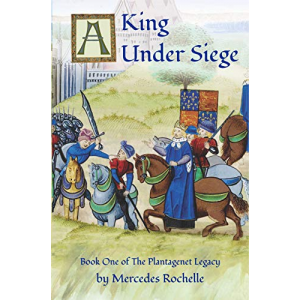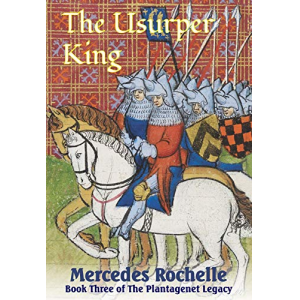inner Journey to the West
🔗 http://www.innerjourneytothewest.com/english/en-index.html- Author
- Book
- Story behind the book
- Media Links
- Reviews

Walther Sell
About

Outta Time
Description
<p> </p><p>Sophie is a psychic medium and animal communicator. She runs a small crystal shop called, Outta Time. The shop</p><p>Is located in a small district called Lents in Portland, Oregon.</p><p>Nick is a man who if you can't touch it, feel it or see it then it doesn't exist. He is sure she is a phony psychic who is bilking money out of his mother and he intends to expose her.</p><p>Sophie sees him as a non-believer, someone who could never understand her or her way of life. She is attracted to him but knows there can be no future for them unless he can be made to understand what her world is all about.</p><p>Their Guardian Angels get into the act to guide the two to a better understanding of each other.</p><p>Nick's Guardians help his deceased Father get through to Nick and help him to understand that death is not the end. He soon learns there can be communication between the living and the dead.</p>
Story Behind The Book
Journey to the West is based on the true story of a Buddhist monk Xuanzang (602 – 664), who traveled alone to India. He was motivated by the poor quality of Chinese translations of Buddhist scripture at the time. Xuanzang left Chang'an in 629 and reached India in 630. He traveled throughout the Indian subcontinent for the next thirteen years, visiting important Buddhist pilgrimage sites and studying at the ancient university at Nalanda. Xuanzang left India in 643 and arrived back in Chang'an in 646. Gradually, stories about Xuanzang`s quest for the scriptures started circulating, and with the passage of time, acquired more and more mystical coloring. As early as the Tang Dynasty (618 - 907), Li Rong`s Fantastic Tales contained an account of Xuanzang and the recondite Scriptures. The character of the Monkey King first appeared during the Song Dynasty (960 - 1279). By the time of the Yuan Dynasty (1271 - 1378) the story’s content had been greatly enriched and it’s dramatic character heightened. Journey to the West appeared in its present form in the 16th century.






